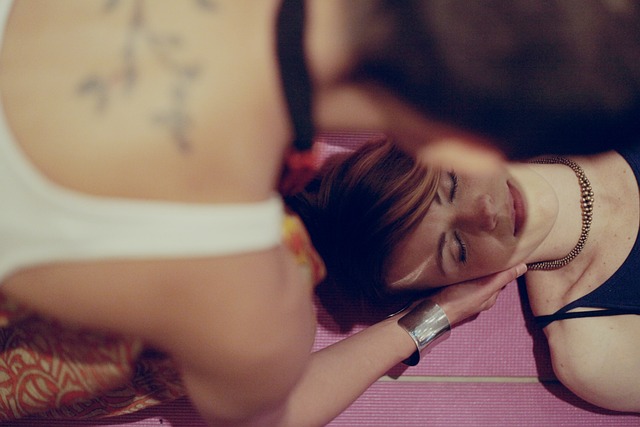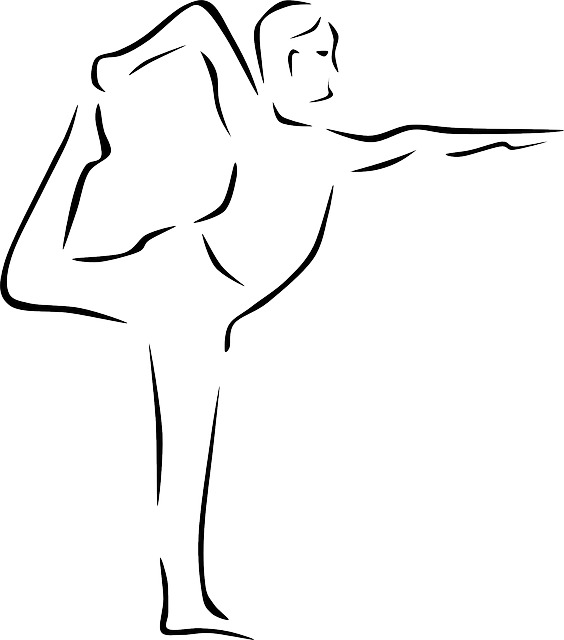Holistic injury recovery goes beyond physical treatment by addressing mental, emotional, and social well-being. Combining traditional RICE methods with strategies like therapy, mindfulness, alternative treatments, and tailored movement, this approach fosters complete healing and enhanced overall vitality. By integrating mind and body practices, individuals achieve improved physical health, increased mental resilience, and emotional balance, emphasizing the interconnectedness of injury recovery and physical care for long-term well-being.
Discover the transformative power of holistic approaches to recovery and well-being. This comprehensive guide explores how integrating mind and body practices can accelerate healing, especially in the context of injury recovery. From understanding the fundamentals of holistic care to delving into specific techniques for both physical and mental rejuvenation, this article offers valuable insights. Learn about sustainable practices that promote long-term health, combining traditional wisdom with modern research to empower your journey towards optimal well-being.
- Understanding Holistic Approaches to Recovery
- Injury Recovery: Physical Care and Beyond
- Integrating Mind and Body for Optimal Well-being
- Sustainable Practices for Long-Term Health
Understanding Holistic Approaches to Recovery

Holistic approaches to recovery and well-being recognise that healing is not just a physical process, but deeply interconnected with mental, emotional, and social aspects of life. In the context of injury recovery, this means addressing not only the physical care needed to mend broken bodies, but also the psychological impact of injury, the social support systems an individual has in place, and their overall sense of purpose and wellbeing.
Effective holistic healing involves a multi-faceted strategy that incorporates various modalities like therapy, mindfulness practices, supportive communities, and often, alternative treatments. By focusing on these interconnected dimensions, individuals can experience more complete recovery, with improved physical health complementing enhanced mental resilience and emotional balance – ultimately fostering a deeper sense of overall wellbeing.
Injury Recovery: Physical Care and Beyond

Injury recovery is a multifaceted process that extends far beyond mere physical care. While attending to the immediate needs of the injured area, such as rest, ice, compression, and elevation (RICE), is essential for reducing pain and inflammation, holistic approaches recognize the interconnectedness of the mind-body connection. Stress and mental health play significant roles in recovery; managing them through techniques like mindfulness, meditation, or therapy can accelerate healing by promoting relaxation and reducing stress hormones that impede cellular repair.
Holistic injury recovery also incorporates movement and exercise tailored to the individual’s needs. Physical therapy isn’t just about regaining strength; it focuses on enhancing flexibility, improving posture, and reintroducing gentle movements to support a full recovery. By integrating mind-body practices, alternative therapies like acupuncture or chiropractic care, and a balanced diet rich in nutrients essential for healing, individuals can achieve optimal physical care and accelerate their journey towards complete well-being.
Integrating Mind and Body for Optimal Well-being

In the journey towards holistic recovery and well-being, a harmonious integration of mind and body is essential. This approach acknowledges that physical health and mental resilience are interconnected, playing pivotal roles in one another’s enhancement. When it comes to injury recovery and physical care, this synergy becomes particularly prominent. Holistic practices emphasize the importance of addressing not just the visible symptoms but also the underlying causes, ensuring a comprehensive treatment plan.
By combining traditional physical care with mindfulness and mental wellness techniques, individuals can optimize their healing process. For instance, incorporating meditation or yoga alongside physiotherapy can aid in managing pain, improving flexibility, and fostering a sense of calm. This integrated approach not only accelerates recovery but also empowers individuals to develop long-lasting healthy habits, promoting overall well-being and preventing future injuries.
Sustainable Practices for Long-Term Health

Injury recovery and physical care that prioritises long-term health involves adopting sustainable practices. This means going beyond temporary fixes to implement strategies that promote ongoing well-being. Holistic approaches, which integrate mind, body, and spirit, are key to achieving this balance. By focusing on nutrition, regular movement, adequate rest, and stress management, individuals can foster a robust recovery process that enhances overall vitality.
These practices create a foundation for resilience, enabling the body to heal effectively while reducing the risk of future injuries. Moreover, sustainable physical care encourages a positive relationship with one’s body, cultivating a sense of self-care that extends far beyond the period of active recovery. This long-term commitment to holistic well-being ensures individuals remain vibrant and energetic, capable of navigating life’s challenges with grace and ease.
Holistic approaches to recovery and well-being offer a transformative path, integrating mind and body for optimal health. By understanding these approaches, we can facilitate effective injury recovery, going beyond physical care to nurture mental resilience and overall vitality. Sustainable practices, when embraced long-term, empower individuals to thrive, ensuring their well-being remains a dynamic, balanced tapestry.
